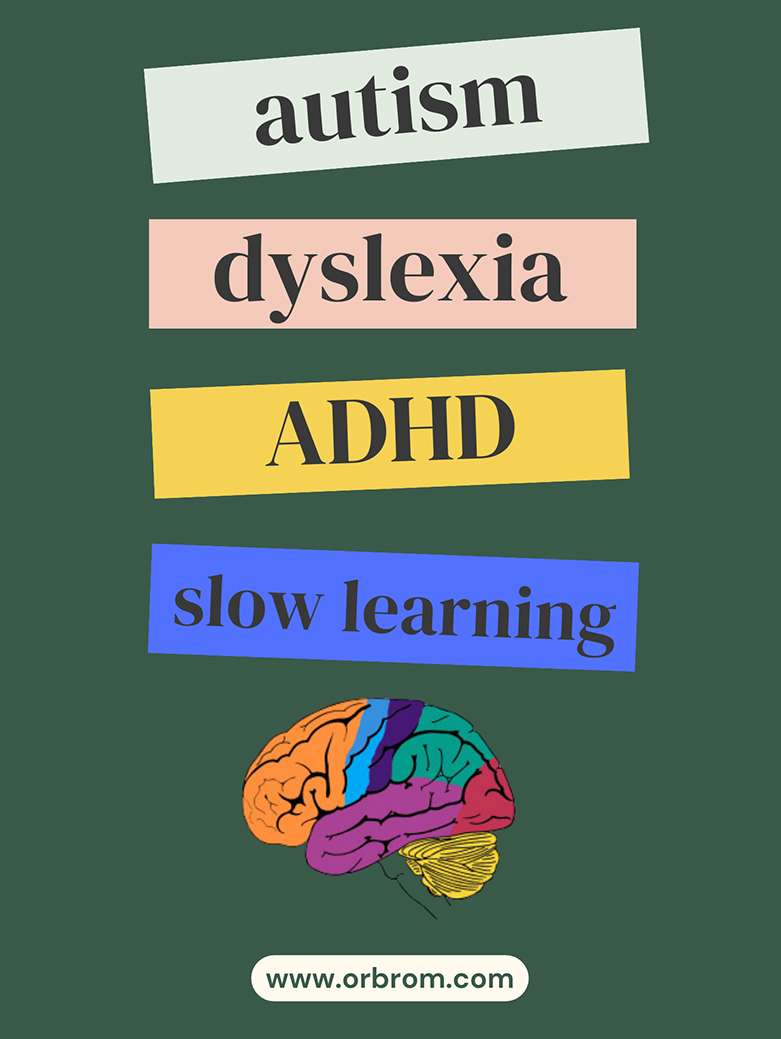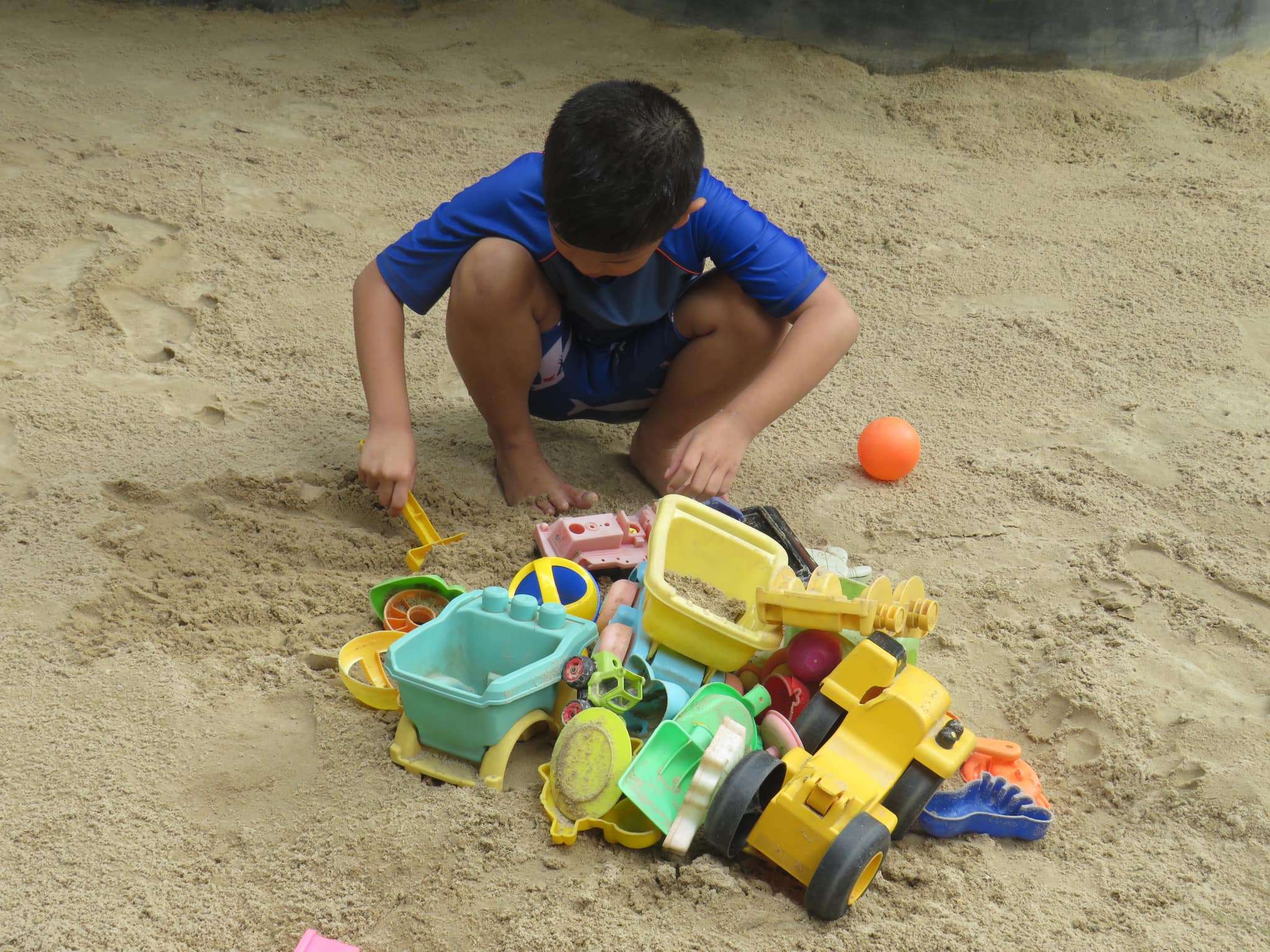Down syndrome, often referred to as Trisomy 21, is a genetic condition resulting from the presence of an extra chromosome 21 in a person’s cells. This extra chromosome leads to a range of physical and developmental differences, which can vary greatly in severity from person to person.
While there is no cure for Down syndrome, early intervention and proper support can significantly improve a person’s quality of life. This blog aims to provide an objective and neutral overview of Down syndrome, covering its causes, characteristics, and available resources.
Causes and Characteristics
Down syndrome occurs when an error in cell division leads to an extra copy of chromosome 21. This can happen in three ways:
- Trisomy 21: This is the most common type, accounting for about 95% of cases. It occurs when all cells in the body have an extra copy of chromosome 21.
- Mosaic Down syndrome: This occurs when some, but not all, cells have an extra copy of chromosome 21.
- Translocation Down syndrome: This occurs when part of chromosome 21 attaches to another chromosome.
Children with Down syndrome may experience a range of physical and developmental differences, including:
- Distinctive facial features: These may include a flattened nose bridge, almond-shaped eyes, and a small mouth.
- Delayed development: Children with Down syndrome may reach milestones such as sitting, crawling, and walking later than other children.
- Intellectual disability: The degree of intellectual disability varies among individuals with Down syndrome, but it can affect learning, communication, and social skills.
- Medical conditions: People with Down syndrome are at higher risk for certain medical conditions, such as heart defects, thyroid problems, and hearing loss.
Individual Differences and Abilities
It is important to remember that Down syndrome is a spectrum, and individuals experience the condition differently. While some individuals may require extensive support, others may lead independent and fulfilling lives.
Many people with Down syndrome are social, loving, and have unique talents and abilities. They can contribute to society in various ways, including through employment, volunteer work, and artistic endeavors.
Early Intervention and Support
Early intervention is crucial for children with Down syndrome. This can include therapies such as speech therapy, occupational therapy, and physical therapy. These therapies can help children develop their skills and reach their full potential.
In addition to early intervention, individuals with Down syndrome benefit from ongoing support throughout their lives. This support can come from family, friends, professionals, and advocacy groups.
Down syndrome is a complex condition, but with early intervention and ongoing support, individuals with Down syndrome can live fulfilling and happy lives. By increasing public awareness and understanding, we can create a more inclusive society that celebrates the unique abilities and contributions of individuals with Down syndrome.








Leave A Comment